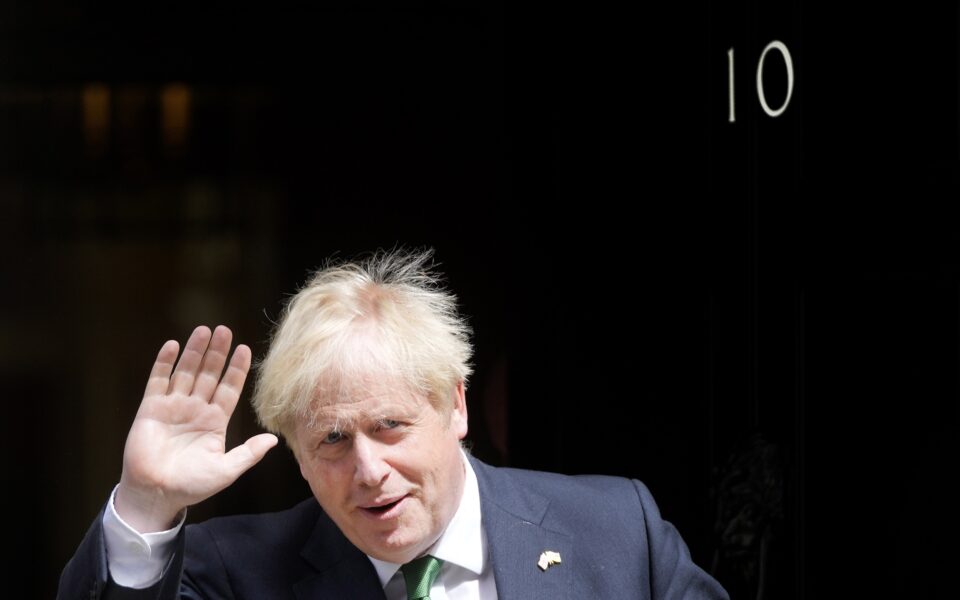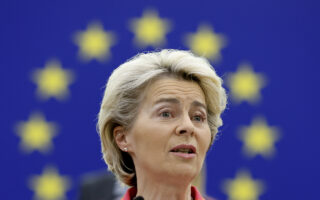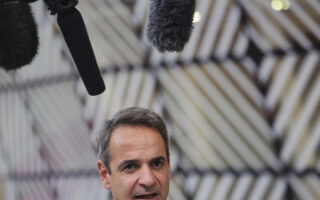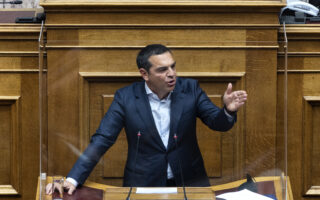The Boris story: Ending like it started

Boris Johnson was a political phenomenon. Narcissistic. Opportunistic. A natural rebel and a divisive figure. A populist. No other British leader in recent times has been so frequently identified simply by his first name.
In the end, his political career finished rather like it had begun. In the Brexit campaign of 2016, he was accused of telling blatant lies. Actually, they were often half-truths and it didn’t matter to him because they lodged a powerful political message in the minds of the voters that opponents struggled to correct. More recently, he has been found to be less than truthful in responding to various personal allegations. To him, truth is a tradeable commodity: Its utility is dependent on his own self-interest.
His psychology defined his leadership. When accused of some wrongdoing – like having parties at 10 Downing Street when the country was in lockdown and when the law prevented such things – his immediate response was one of denial. He doesn’t apologize for his own behavior. Instead, he blames others. When trapped, he lashes out at his accusers. He shows no personal responsibility or humility.
His resignation speech last Thursday was full of self-pity. His party’s MPs were “eccentric” for insisting on his resignation, when he had achieved so much and he had more to deliver. It was painful to him how the “Darwinian” system of parliamentary politics played out. His MPs were like sheep following the mood of the moment. Politics was a game of roulette and you take your chances. He was a victim of circumstances. He bore no guilt for not telling the truth.
Of course, all politicians avoid the truth. But Boris has been brought down not because promises made at the election have not been kept or because of political spin. Instead, when asked questions about his personal behavior – most recently, when did he know that one of his political appointees was a sex pest? – he kept changing his story and lied repeatedly. His MPs gradually (why gradually?) realized Boris was an habitual liar who would send his colleagues to go on TV and repeat what he knew to be untrue and would later be shown to be untrue.
To him, truth is a tradeable commodity: Its utility is dependent on his own self-interest
Like Trump, Boris toyed with the idea of resisting resignation. On Wednesday last week, constitutional experts were asked what might happen if he refused to resign, even though he’d lost the support of his party. The famous “checks and balances” of the British system might not work as we’d assumed. The Queen could be placed in an awkward position if Boris requested an early election to prove he still had support in the country. Boris has a record – of challenging the Constitution in the name of Brexit – and commentators feared what he might do. He claimed that the large election victory of 2019 was his personal victory. How quickly he will go was unclear, but he will be forced to realize he is a PM, not a president, and his party holds power over him. Still, this was nothing like George Papandreou’s self-effacing offer to step down as PM in 2011.
Foreign leaders – reportedly, including Kyriakos Mitsotakis – couldn’t understand Boris. He appeared as a joke. He was an English version of Trump. But, like Trump, he has a legacy of support that other leaders will struggle to win over. With Boris gone, the Labour opposition now has to shift from attacks about personality to those about policy. Under Keir Starmer, it has struggled to define its own program. Yet, a deepening economic crisis might make this easier. So, the phenomenon of Boris is about to disappear. Personality politics will probably be less prominent. Boris had a unique support base and this might now lack a political voice. His successor will almost certainly be more right-wing. “Normality” might return to British politics.
But history is unlikely to be kind to Boris. His impact was one of the lowering of moral standards in public life and bravado about Brexit, while creating a mess. An official investigation will report his unacceptable delays in dealing with Covid. The Boris effect was more about emotions than substance. As Christine Lagarde might say, “the adults are back in the room.”
Kevin Featherstone is Eleftherios Venizelos Professor of Contemporary Greek Studies at the London School of Economics.





